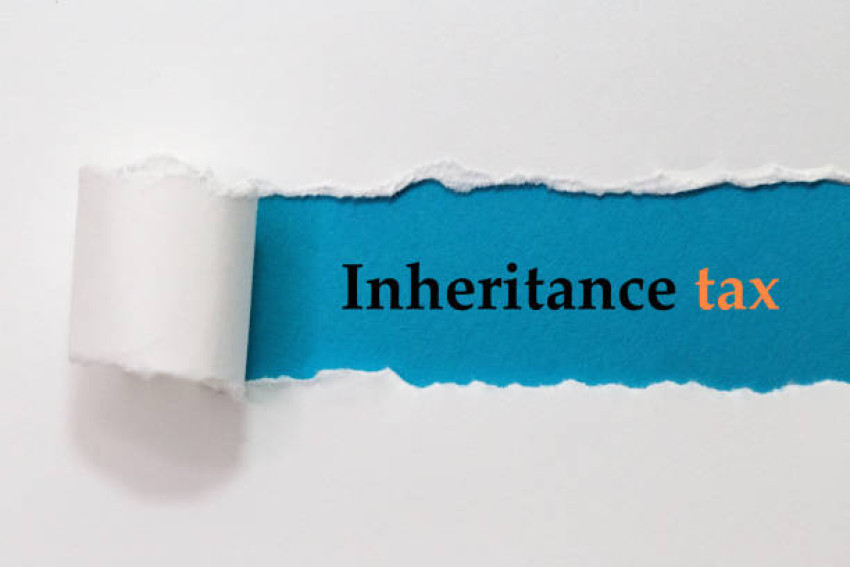
In the complex landscape of wealth management and financial planning, Inheritance Tax (IHT) looms as a significant consideration for individuals with substantial estates in the United Kingdom. Efficient Inheritance Tax planning is not merely a financial option; it's a strategic necessity for ensuring the smooth transfer of wealth to the next generation. This article delves into the key aspects of Inheritance Tax planning, providing insights into its implications, available reliefs, and strategies for preserving family wealth.
Understanding Inheritance Tax:
Inheritance Tax is a tax on the estate (the property, money, and possessions) of a deceased person. The tax is levied on the portion of the estate that exceeds the current Inheritance Tax threshold, known as the nil-rate band. As of the last available information, the standard nil-rate band is £325,000, and anything above this amount is subject to a 40% tax rate. There are, however, various reliefs and exemptions available, and the threshold can increase in certain circumstances.
Key Implications of Inheritance Tax:
Tax Thresholds:
The value of the estate plays a crucial role in determining the Inheritance Tax liability. Understanding the thresholds and keeping abreast of any changes to these limits is essential.
Exempted Gifts:
Certain gifts made during an individual's lifetime may be exempt from Inheritance Tax. However, the timing and nature of these gifts can impact their exempt status.
Main Residence Nil-Rate Band:
The introduction of the main residence nil-rate band allows individuals to pass on a property to direct descendants with an additional tax-free amount. As of the last available information, this band is £175,000 per individual.
Lifetime Gifts and Potentially Exempt Transfers:
Gifts made seven years or more before the donor's death are generally exempt from Inheritance Tax. However, gifts made within these seven years may be subject to tax on a sliding scale.
Business and Agricultural Property Relief:
Certain business assets and agricultural property may qualify for relief from Inheritance Tax, allowing for the smooth transition of family businesses and farms to the next generation.
Strategies for Efficient Inheritance Tax Planning:
Will and Estate Planning:
Crafting a well-structured will is foundational to effective Inheritance Tax planning. Ensuring that assets are distributed according to one's wishes and in a tax-efficient manner requires meticulous estate planning.
Lifetime Giving:
Making gifts during one's lifetime can reduce the value of the estate subject to Inheritance Tax. Strategic gifting, including the use of exemptions and reliefs, can be a powerful tool in minimizing the tax burden.
Trusts:
Setting up trusts can be a valuable strategy for controlling and preserving family wealth. Various types of trusts offer flexibility and can be tailored to meet specific family circumstances.
Utilizing Allowances and Reliefs:
Leveraging available allowances, such as the annual exemption and the main residence nil-rate band, can optimize the Inheritance Tax position. Additionally, ensuring eligibility for reliefs on business and agricultural assets is vital.
Professional Advice:
Seeking guidance from financial advisors, tax experts, and legal professionals is crucial for comprehensive Inheritance Tax planning. Professionals can provide personalized strategies based on the specific circumstances of the individual and their family.
Conclusion:
Inheritance Tax planning is a dynamic and evolving aspect of overall financial planning. Navigating the complexities of the UK tax system requires a proactive approach, strategic thinking, and a commitment to staying informed about changes in legislation. By implementing effective Inheritance Tax planning strategies, individuals can ensure the preservation of family wealth, minimize tax liabilities, and facilitate a seamless transfer of assets to future generations. It's not just about protecting assets; it's about securing the financial legacy of a family for years to come.




